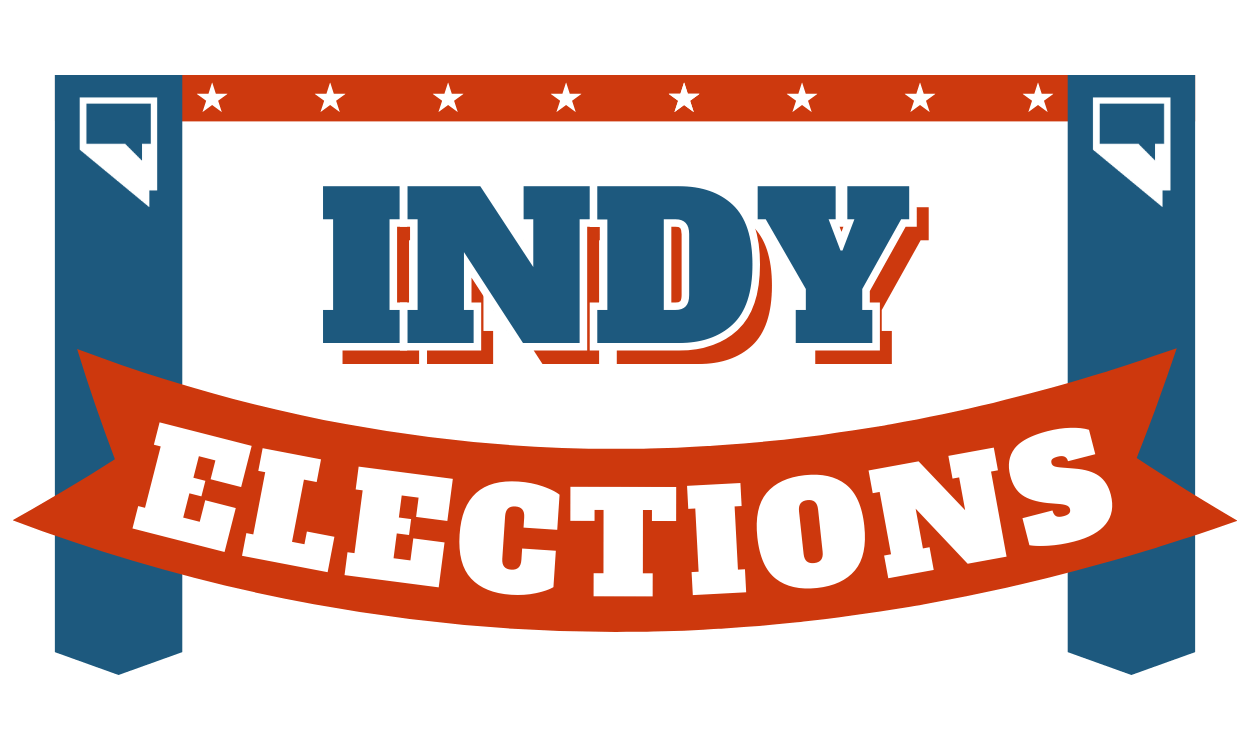Independent redistricting commission ballot questions challenged by Democrats

A pair of law firms known for representing Democratic officials and causes filed two lawsuits last week aimed at blocking proposed ballot questions that would take redistricting out of the Legislature’s control.
The lawsuits — both filed Thursday in Carson City District Court by Bravo Schrager and Elias Law Group on behalf of Las Vegas-based Democratic voter Eric Jeng — argue that the ballot questions violate the Nevada Constitution because they would create a new state body (an independent redistricting commission) without raising revenue necessary to pay for the expenses of the commission and because the descriptions on signature-gathering forms accompanying the initiatives fail to mention the cost.
Fair Maps Nevada, a political action committee led by College of Southern Nevada professor Sondra Cosgrove, filed the pair of initiatives in mid-November. Though the petitions differ in terms of timing, both contain identical language seeking to establish an independent, seven-member commission to draw congressional and legislative district maps, thereby removing state lawmakers’ role in the redistricting process.
One petition would require new maps be drawn by the end of 2027 (the first possible year the commission would be in place if the measure were to pass in the 2024 and 2026 elections). The other petition would keep the existing district maps in place until the next redistricting cycle, which would likely occur in 2031 after the next decennial U.S. census.
Nevada Democrats stand to benefit from keeping power over redistricting with the Legislature. Since 2009, Democrats have controlled both chambers of the Legislature in all but two years (2015-2016), and under maps they drew and approved in 2021, Democrats last year won a supermajority in the Assembly and near-supermajority in the Senate. The party also maintained control over three of the state’s four congressional districts with a map that spread out Democratic advantages across the three Democrat-held districts. The Princeton Gerrymandering Project gave that congressional map an “F” grade for partisan fairness.
In one of the complaints filed last week, attorneys representing Jeng, who works for the Asian Community Development Council, wrote that the petition “imposes an unfunded mandate” in violation of the state Constitution, which prohibits initiatives that require the expenditure of funds without a sufficient tax to fund them. Attorneys also wrote that the petition’s description of effect (a 200-word summary of the measure included on signature-gathering forms) is “legally deficient” because it does not state that the petition will result in the expenditure of state funds by the commission.
Legal challenges aimed at defeating proposed ballot initiatives often target the description of effect, one of the key requirements for ballot initiatives under state law.
Bradley Schrager, an attorney representing Jeng in the lawsuits, declined to comment on Monday.
Financial statements for each petition prepared by the Legislative Counsel Bureau’s fiscal analysis division state that “the provisions contained within the initiative … will result in an increase of expenditures for the state government,” though the division “cannot estimate the resultant impact … with any reasonable degree of certainty.”
To qualify either petition for the ballot, Fair Maps Nevada must obtain signatures from at least 10 percent of the voters in the previous general election — meaning at least 102,362 signatures are needed to qualify a measure for the 2024 ballot, with at least 25,591 signatures from each of the state’s four congressional districts. Because the petitions propose constitutional amendments, they must pass in two consecutive elections to take effect.
In a statement released last week, Fair Maps Nevada criticized Elias Law Group’s support for establishing an independent redistricting commission in Ohio. That support has included articles from Democracy Docket, a progressive news site founded by Marc Elias.
Cosgrove, who also serves as executive director of the civic engagement nonprofit Vote Nevada, has criticized the state’s current political maps as “gerrymandered.”
Cosgrove spearheaded efforts in 2020 and 2022 to change Nevada’s redistricting process, though neither effort made it onto the general election ballot. For the past initiatives, Fair Maps Nevada raised nearly $18,000 in 2020 (including $10,000 from the Nevada Realtors and $5,000 from the Nevada Auto Dealers, two groups that tend to support conservative candidates), but in 2022, the group reported no contributions in excess of $1,000.
Like the current petitions, the 2020 petition was challenged in court — a process that saw the district court approve language added to the petititon’s description of effect stating it would result in the expenditure of state funds.
The 2022 petition also reflected this by including language that the proposed constitutional amendment would “result in the expenditure of state funds to fund the commission.” That specific language related to cost is not present on either petition filed this year.
Cosgrove said in an interview Monday that Fair Maps Nevada did not include information about the expenditures because of the 200-word limit on the description of the effect — also arguing that with the petition that launches the independent redistricting process after the 2030 census, the state could rely on the same funding source already used to fund the Legislature’s redistricting process.
Though attorneys challenging the petitions cited a Nevada Supreme Court case from 2022 dealing with ballot initiatives and funding sources, Cosgrove suggested that requiring ballot initiatives to identify a specific source of funding could run afoul of constitutional rights to file ballot questions — an argument the group may make in court.
The lawsuits mark the latest effort in a long line of voting-related lawsuits filed by Schrager and his firm and the Elias Law Group on behalf of Nevada Democratic voters. The two law firms also filed a challenge last week to block a proposed voter ID initiative. In February 2022, the groups filed a lawsuit again on behalf of Jeng that challenged a proposed rollback of parts of the state’s vote-by-mail law.

